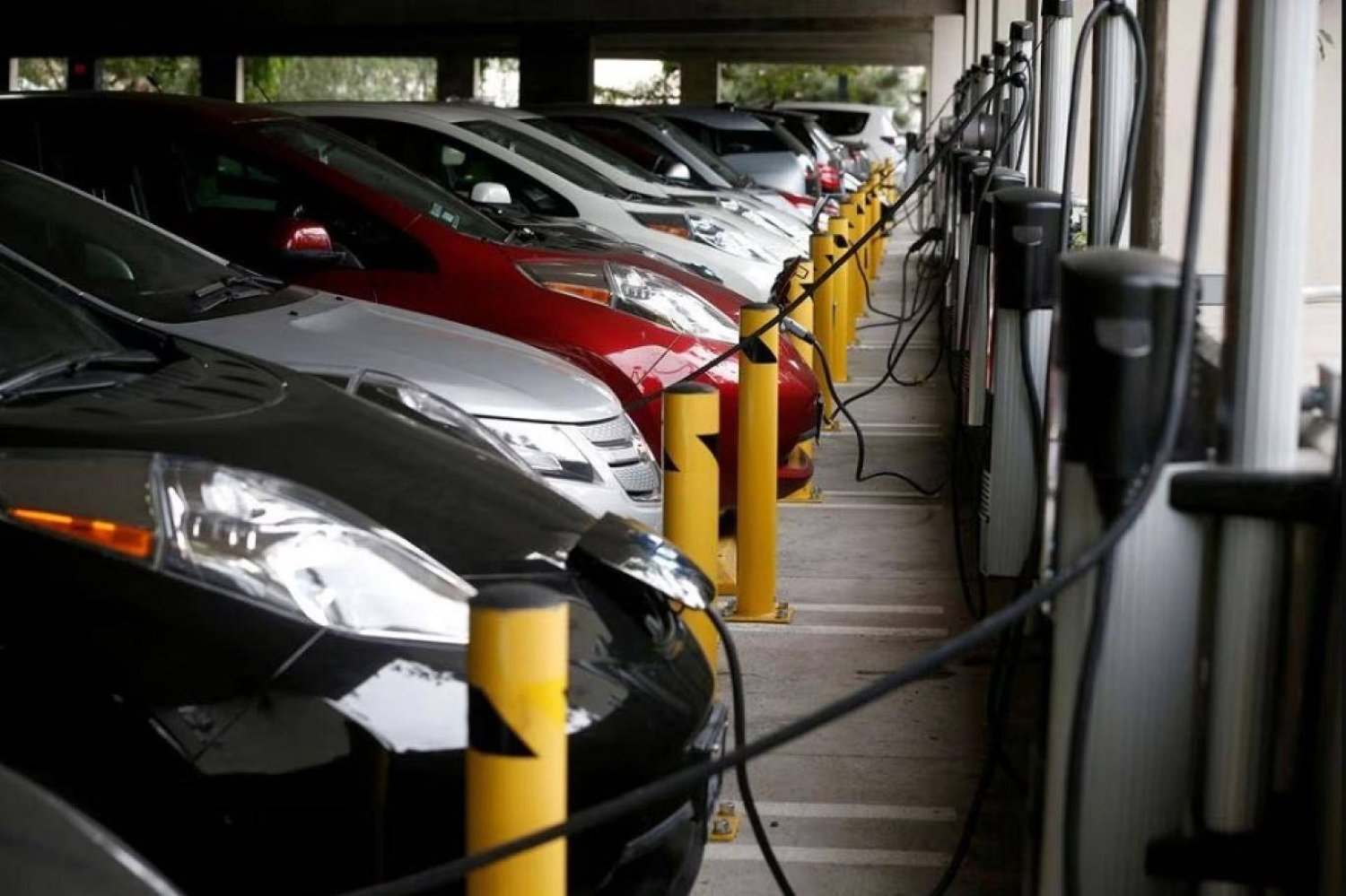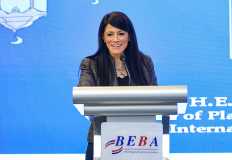
Sherif Al-Sayyad, head of the Engineering Industries Export Council in Egypt, stated that his council intends to organize a promotional tour to China during the first quarter of 2025, in coordination with the Egyptian Ministry of Investment and International Trade.
Al-Sayyad, speaking on the
sidelines of his participation in the Egypt International Electric Mobility
Summit, stated that the promotional tour primarily aims to attract Chinese
companies to establish electric vehicle component manufacturing facilities in
Egypt, specifically for motors and batteries. He highlighted the investment
incentives offered by Egypt and the significant trade agreements that provide
investors access to the markets of 30% of the world's countries.
He noted that while China is a
leading global player in electric vehicles, it faces challenges in exporting
its products due to high customs duties imposed by several countries. He
emphasized that Egypt should capitalize on this opportunity by attracting major
Chinese electric vehicle manufacturers to establish operations in Egypt,
initially focusing on key component manufacturing and gradually expanding to
full vehicle production.
The electric vehicle industry in
China is facing a wave of trade restrictions in major export markets, as the
United States raised customs duties on them from 25% to 100% last May.
In July, the European Union
imposed a provisional anti-subsidy duty of up to 37.6% on electric vehicles
imported from China, and in August, Canada followed suit by increasing its
customs duty on them from 6.1% to 100%.
According to a report by the
World Economic Forum, since 2017, China's electric vehicle exports have
increased by 13,300% to $42 billion in 2023, when China accounted for nearly
70% of global electric vehicle production.
The head of the Engineering Industries Export Council believes that Egypt has all the ingredients that qualify it to attract huge investments in the field of electric vehicles and transform into a regional and international center for its manufacturing and export. It has a skilled and low-cost workforce, trade agreements that enable it to export to a third of the world's countries, in addition to its strategic location that allows manufacturing companies to establish factories near Europe, Asia, and Africa.





